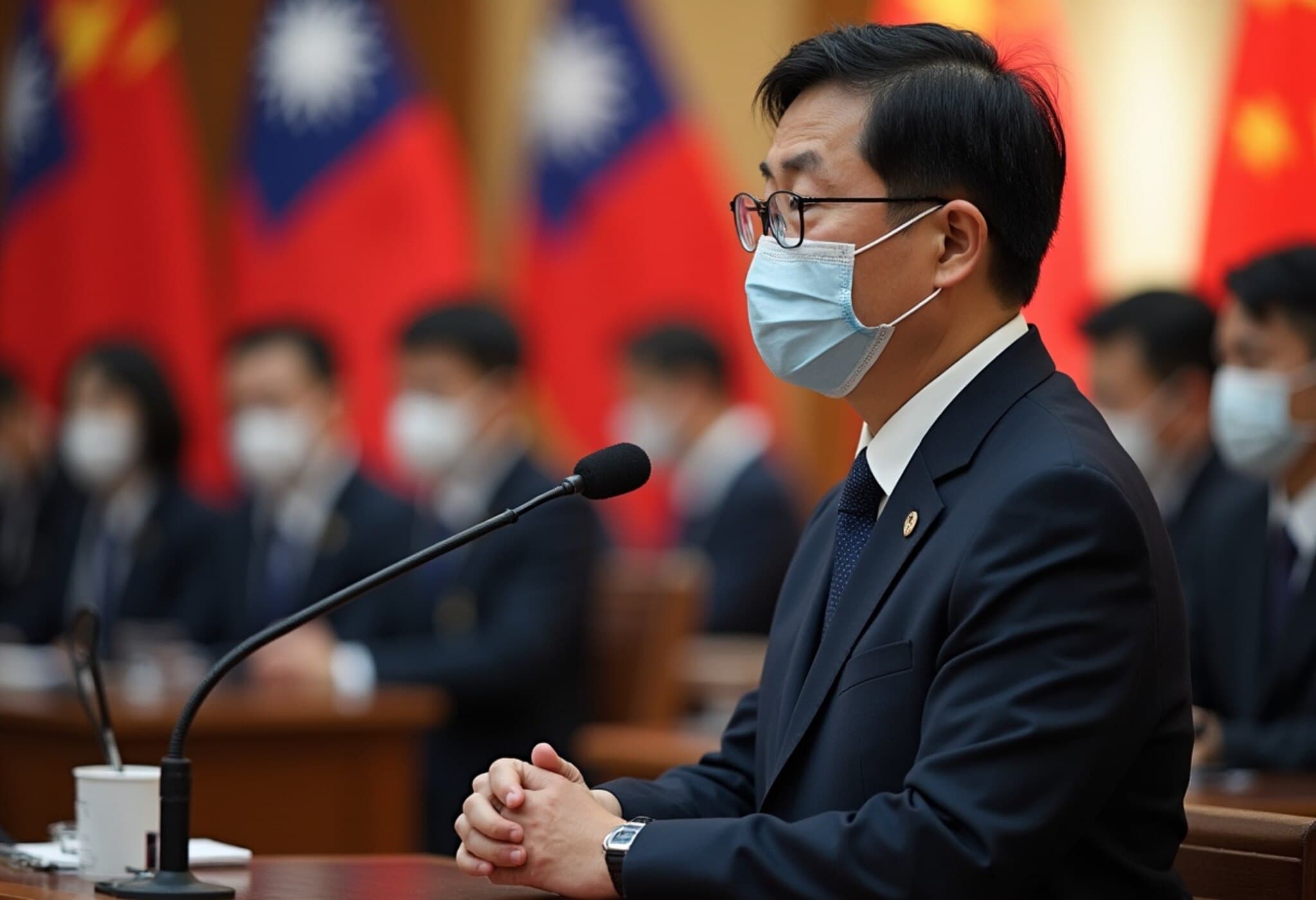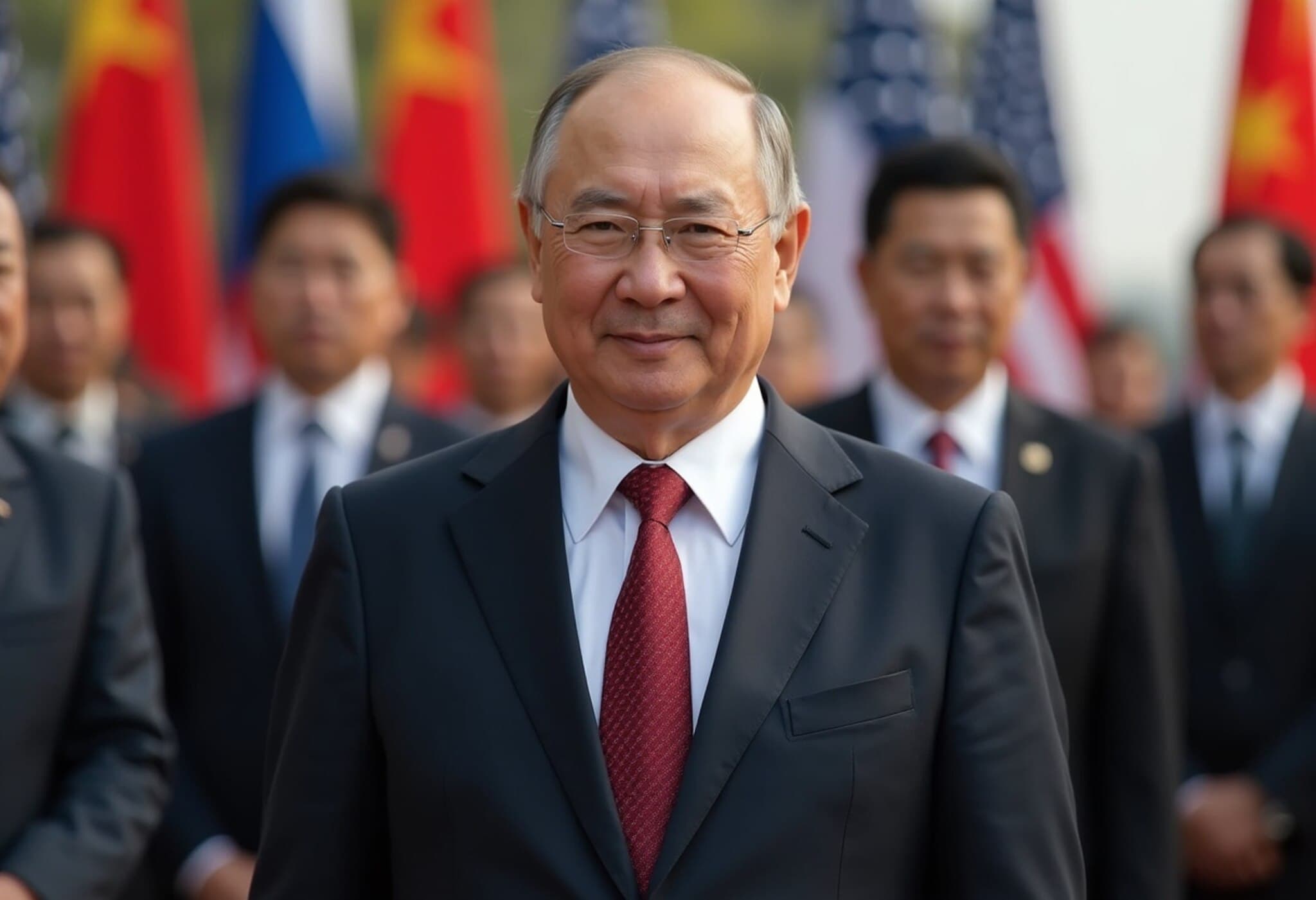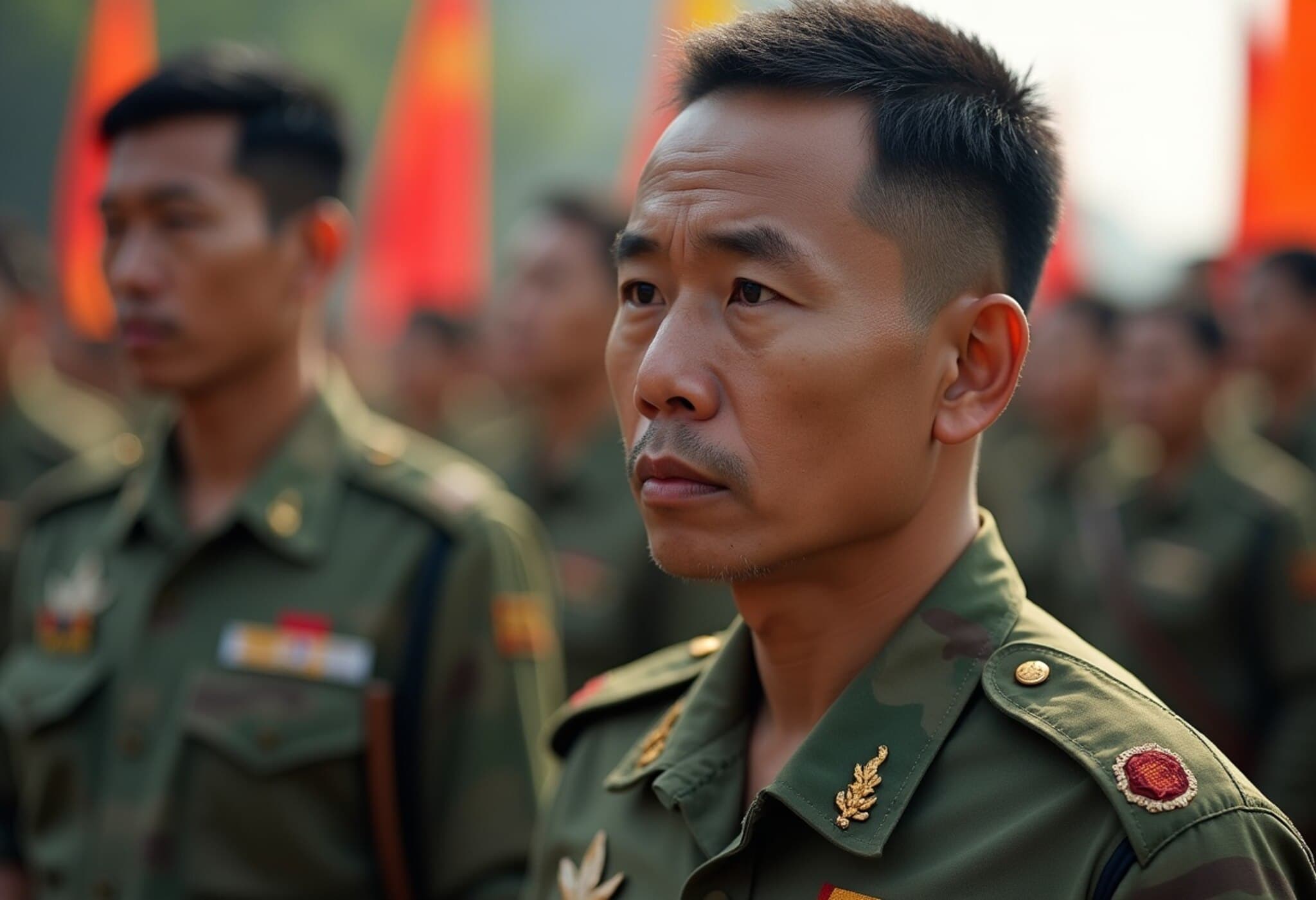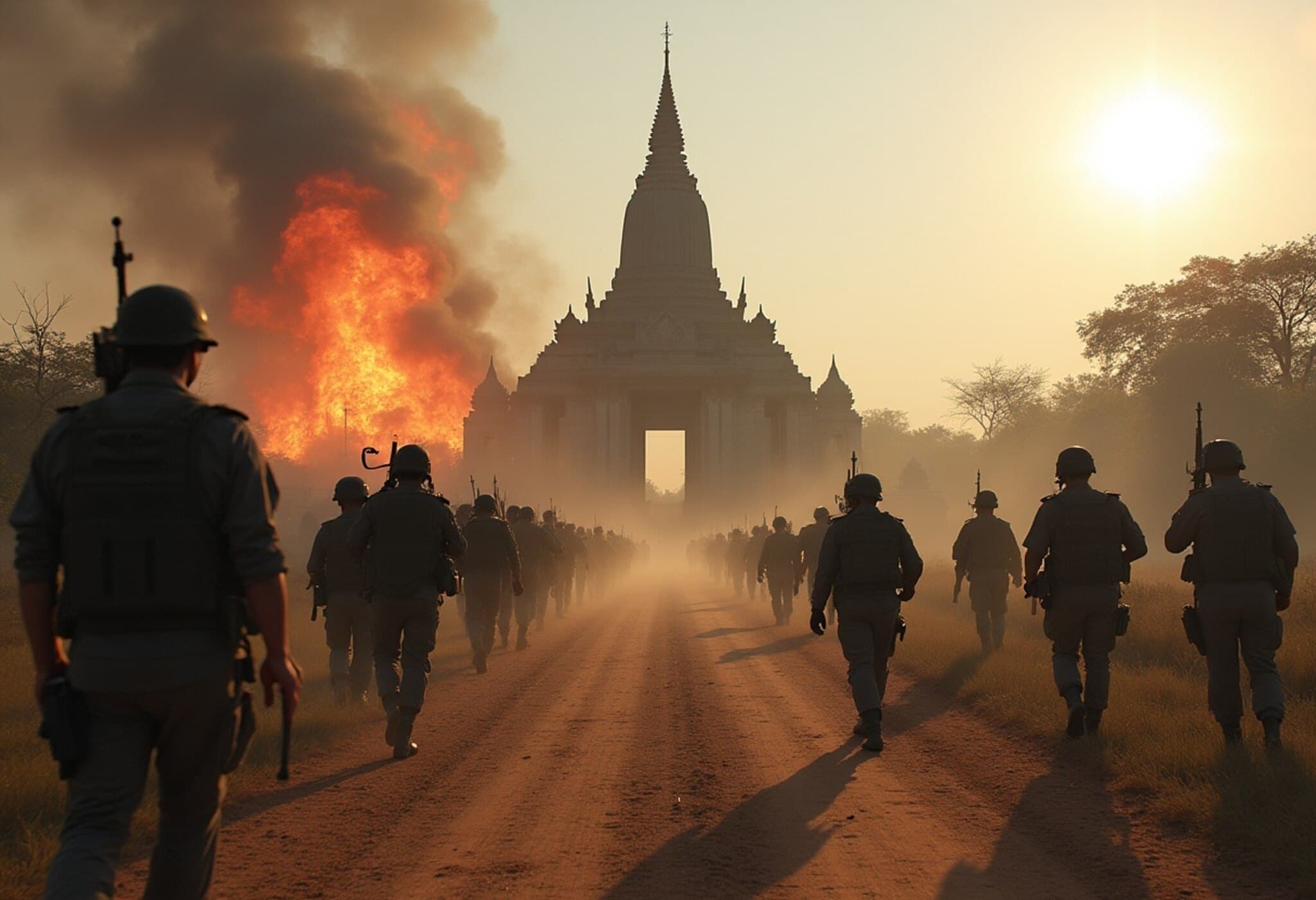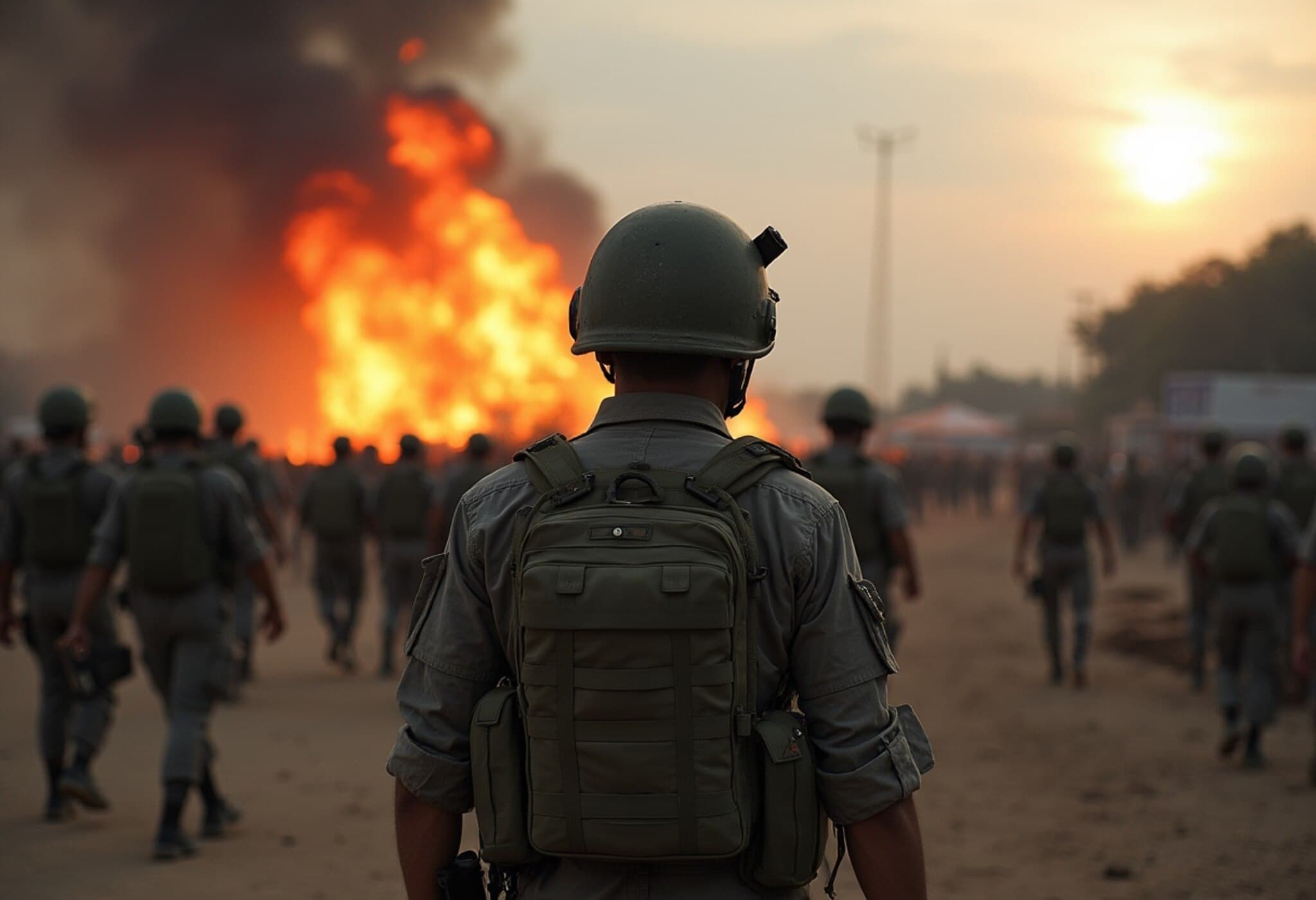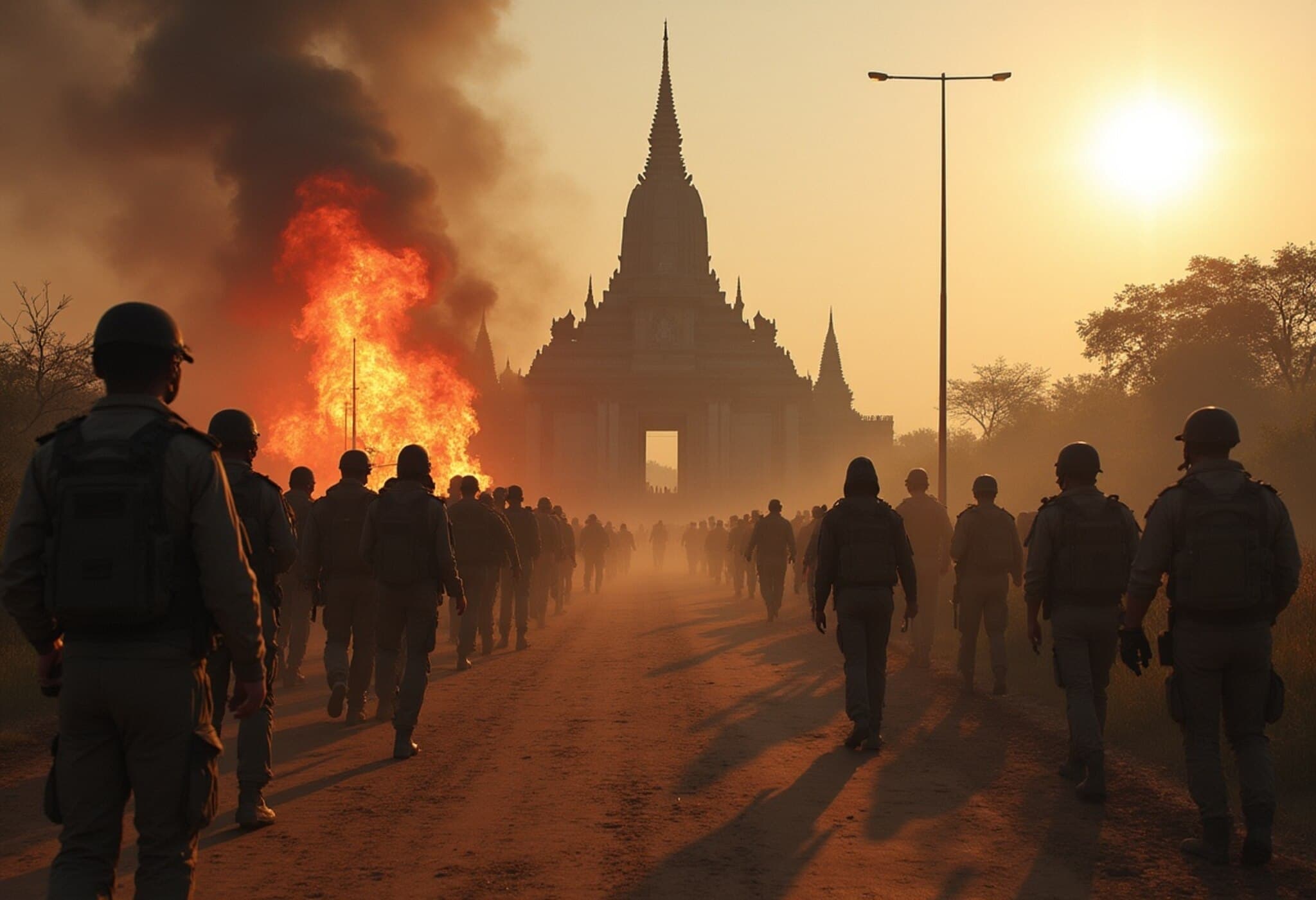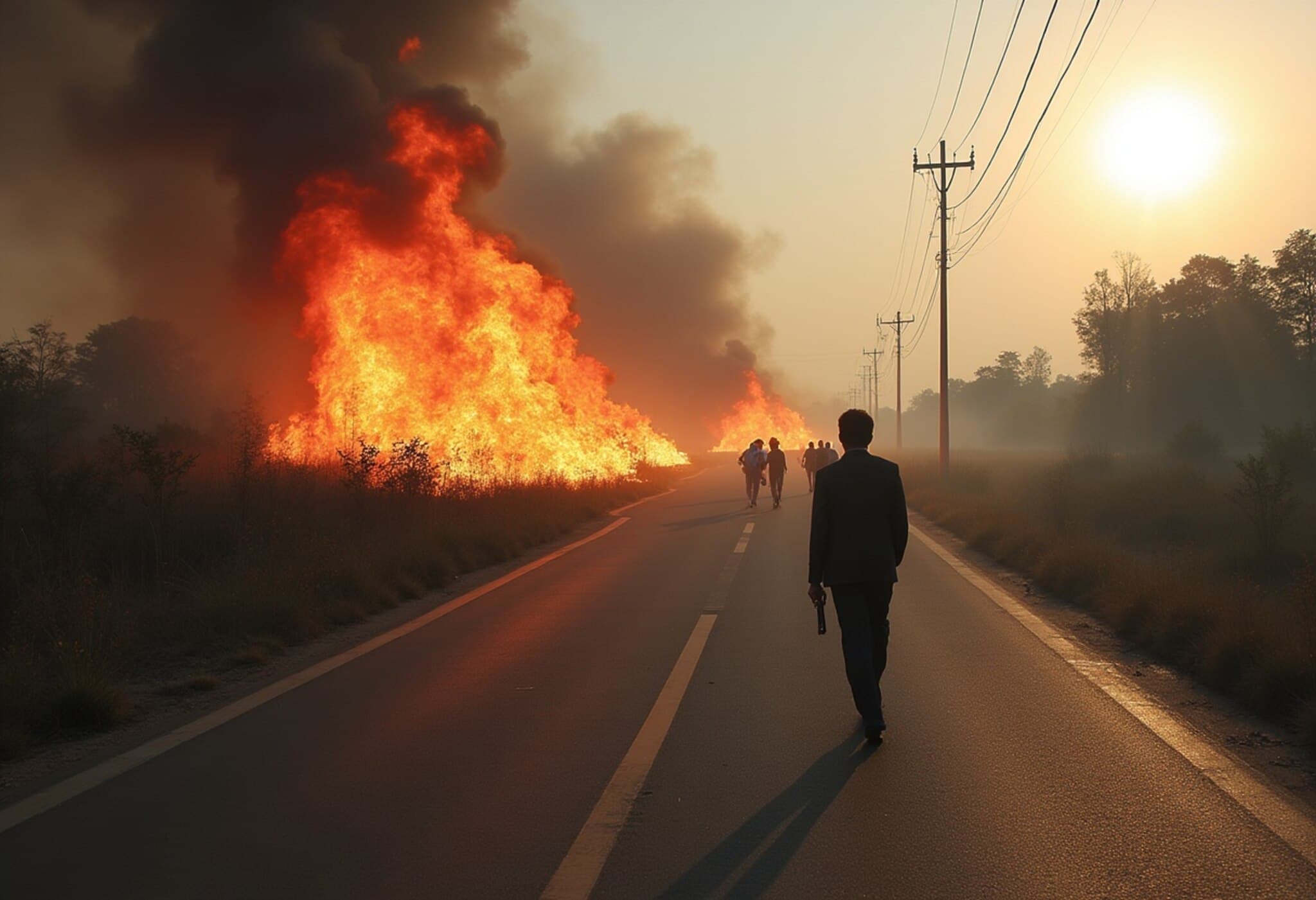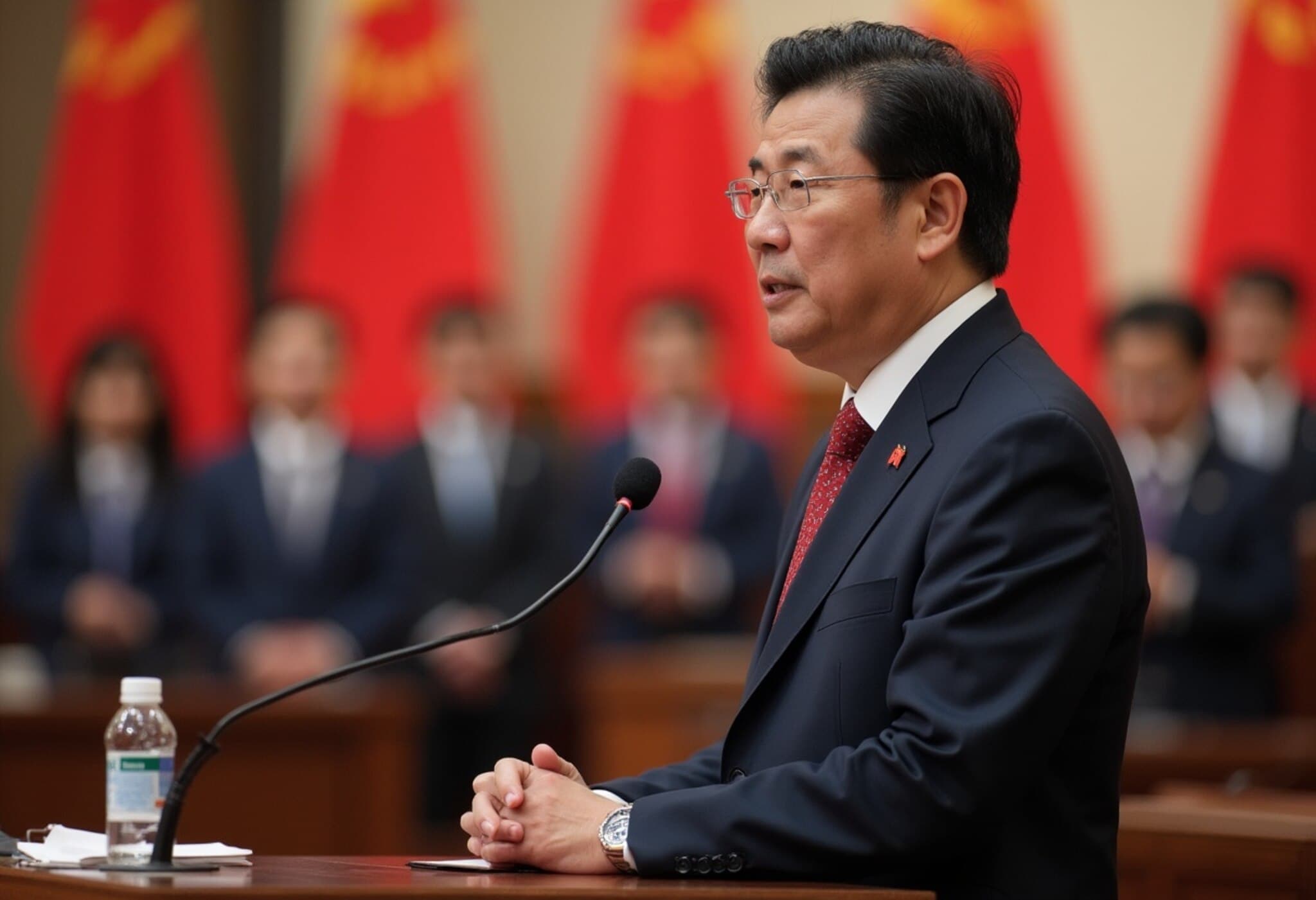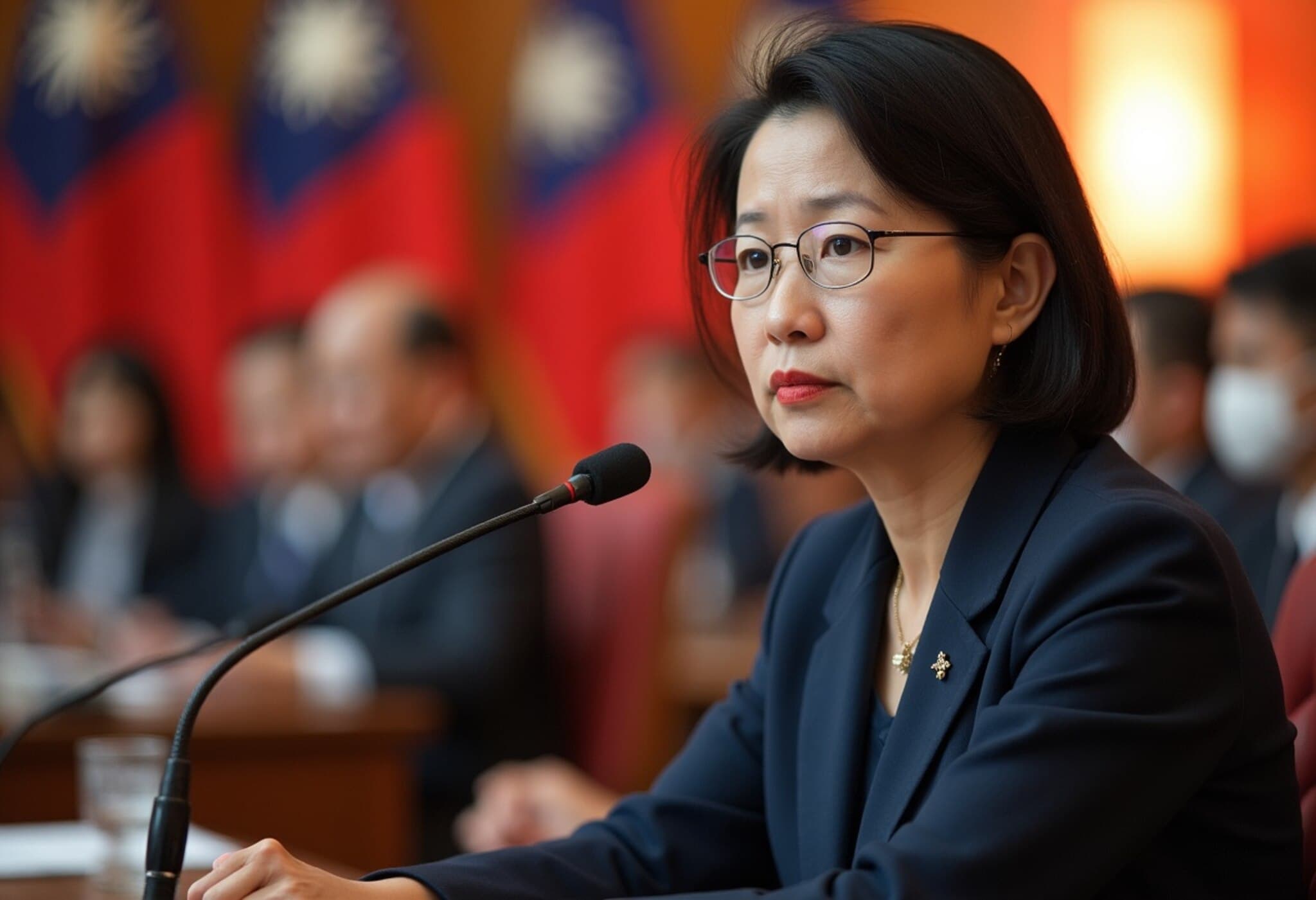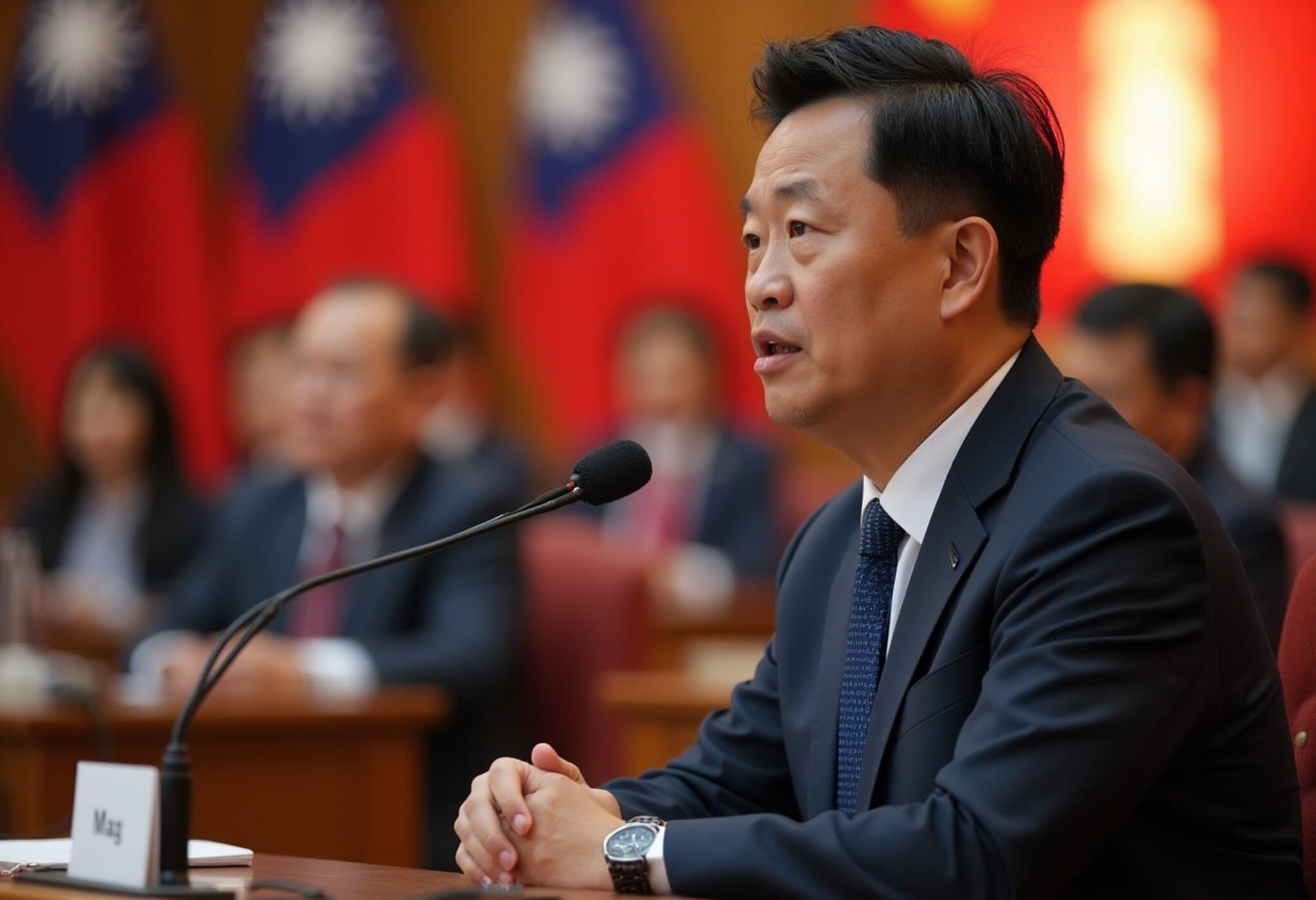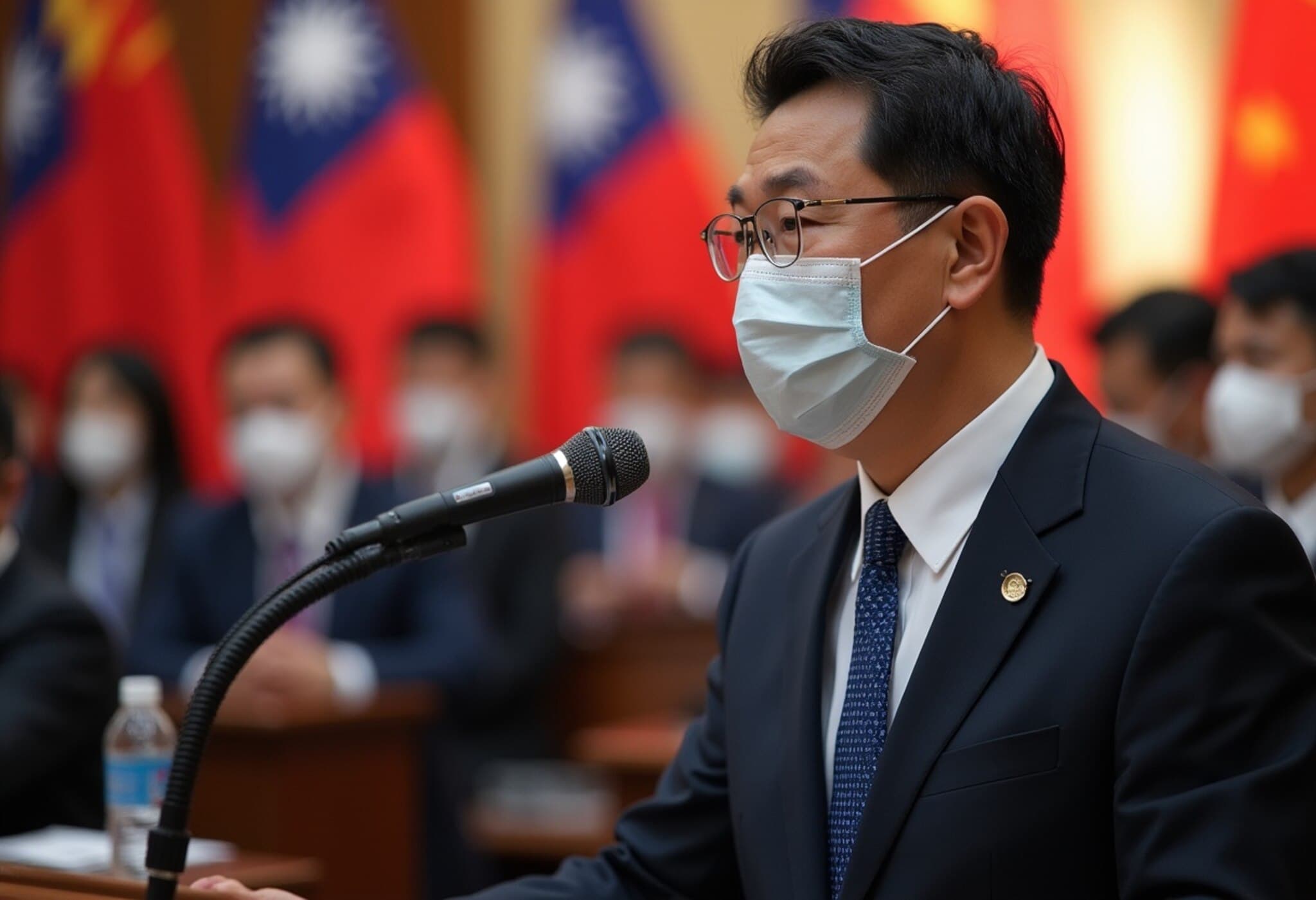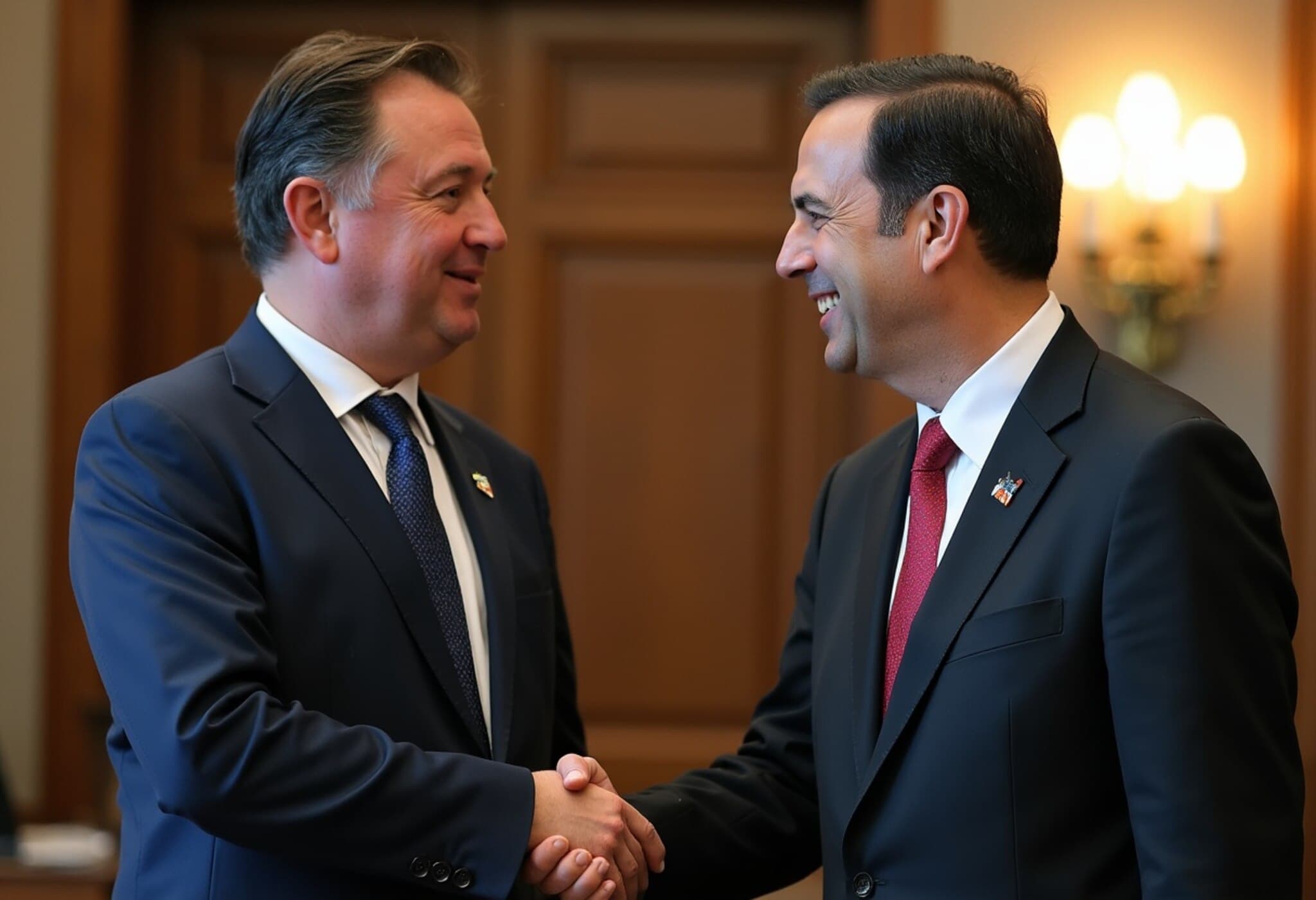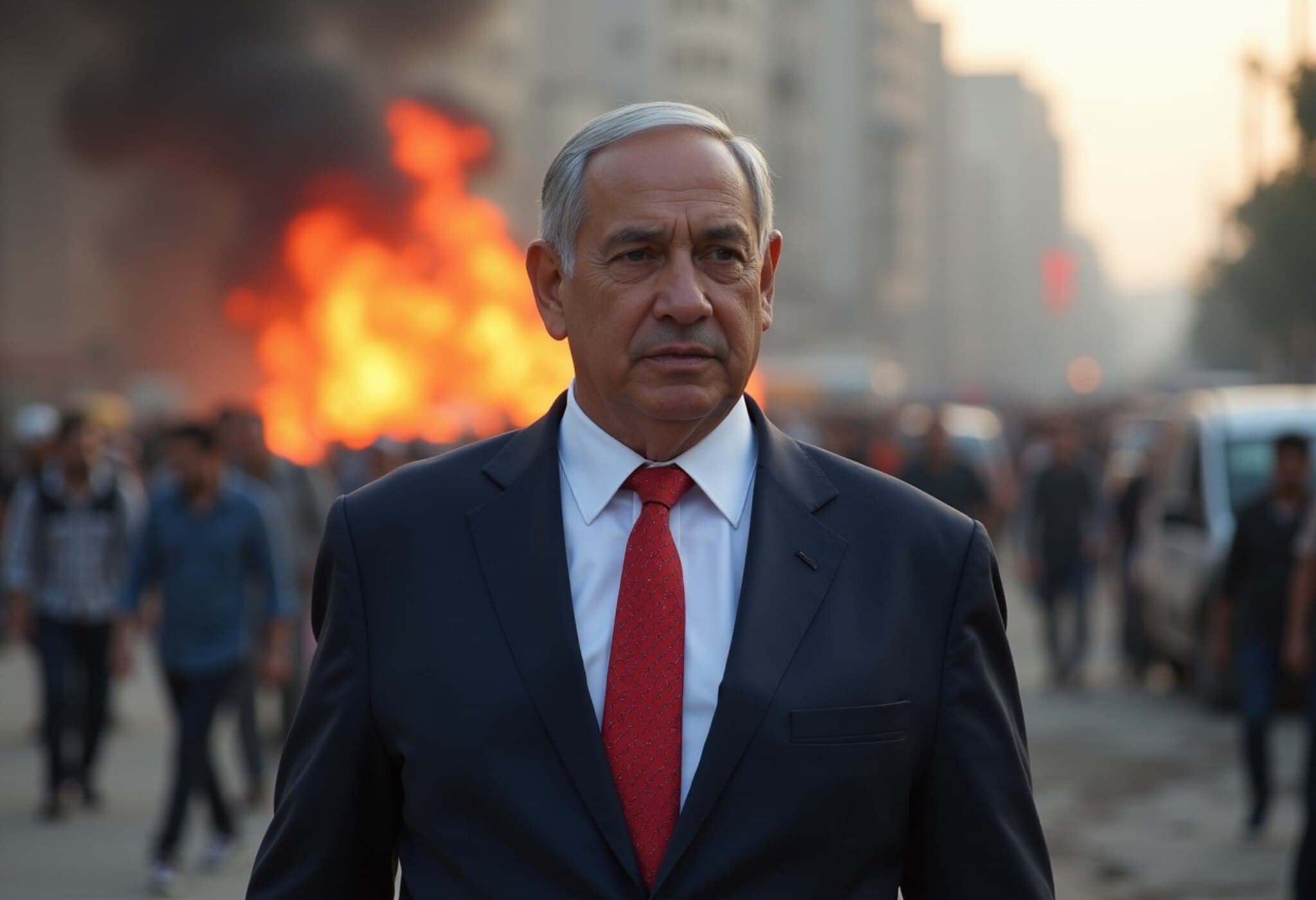Taiwan’s High-Stakes Recall Elections: A Crucible for Democracy and Cross-Strait Relations
On a pivotal Saturday, Taiwanese voters gathered at polling stations across the island to cast ballots that could dramatically alter the composition of their legislature. This unprecedented recall election targets 24 lawmakers — approximately one-fifth of the parliament — all members of the opposition Kuomintang (KMT), the China-friendly Nationalist Party. The vote carries significant weight, as its outcome may shift power dynamics within Taiwan’s self-governed democracy.
Background: A Fractured Legislature and Rising Political Tensions
Following last year’s presidential victory by the Democratic Progressive Party (DPP), which advocates for Taiwanese independence, the KMT and the Taiwan People’s Party together command a majority in the legislature. Yet, this uneasy arrangement has been marred by deep divisions, particularly over legislation concerning national defense and executive authority. Critics argue that the opposition’s maneuvers undermine Taiwan’s democratic integrity and strengthen Beijing’s influence — an alarming prospect for an island perpetually navigating the threat from China’s military ambitions.
The Recall Initiative: Democracy Under Scrutiny
The recall effort was spearheaded by citizens alarmed at what they perceive as the KMT’s obstruction of key bills and their alleged favoritism toward mainland China. These campaigns have ignited fierce debate: supporters contend the recall is a legitimate democratic exercise to hold lawmakers accountable, while the KMT decries it as political retaliation designed to weaken opposition voices and destabilize democratic norms.
- Legislative stakes: The KMT holds 52 seats, the DPP 51. To secure legislative control, the DPP must see at least six KMT lawmakers recalled and win subsequent by-elections.
- Recall criteria: For a recall to succeed, 25% of eligible voters in a district must vote for removal, with pro-recall votes exceeding those against.
- By-elections: If recalled, the KMT may nominate new candidates to reclaim those seats.
On the Ground: Voter Sentiment and Regional Implications
Long lines of voters, young and old, queued outside Taipei polling stations, illustrating the gravity and civic engagement surrounding this vote. At its core, this election encapsulates the island’s internal struggle between maintaining the status quo and redefining relations with Beijing. Proponents of dialogue with China argue that KMT’s cross-strait connections are critical amidst Beijing’s refusal to engage with the DPP, whereas detractors fear such ties endanger Taiwan’s autonomy and security.
Voices from Beijing and Taipei
Reflecting broader geopolitical tensions, China’s Taiwan Affairs Office spokesperson Zhu Fenglian accused Taiwan’s ruling administration under President Lai Ching-te of pursuing "one-party dominance" and suppressing opposition under the guise of democracy, as reported by state-run media. Meanwhile, Taiwan’s Mainland Affairs Council condemned Chinese interference, underscoring concerns over external influence over the island’s democratic process.
Expert Perspective: Implications for Taiwan-U.S. Relations and Regional Stability
From an American policy standpoint, Taiwan’s political stability is a linchpin of Indo-Pacific security. The recall election’s outcome bears implications for U.S. engagement with Taiwan, especially as Washington seeks to support the island’s democratic institutions against coercion from Beijing. The drama unfolding in Taiwan’s legislature serves as a reminder of the delicate balance between internal political processes and broader strategic interests in the region.
Furthermore, the use of recall elections as political tools raises profound questions about the robustness of democratic checks and balances. While recalls can empower voters, excessive or partisan use risks eroding legislative continuity and governance effectiveness during one of Taiwan’s most precarious moments.
Conclusion
Taiwan’s recall elections are more than a routine political event; they represent a referendum on the island’s democratic resilience and the future trajectory of its complex relationship with China. Voters’ decisions this weekend will reverberate beyond Taiwan, influencing regional geopolitics and the global contest between authoritarian pressure and democratic self-determination.
Editor’s Note:
As this historic recall vote unfolds, several key questions emerge:
- Can Taiwan’s democracy withstand politically charged recall efforts without undermining institutional stability?
- How will the results influence Taiwan’s ability to navigate increasingly fraught cross-strait relations?
- What lessons does this hold for democracies worldwide facing internal polarization and external pressure?
Continuing coverage will seek to unpack these dynamics, providing nuanced insights into Taiwan’s evolving political landscape.

